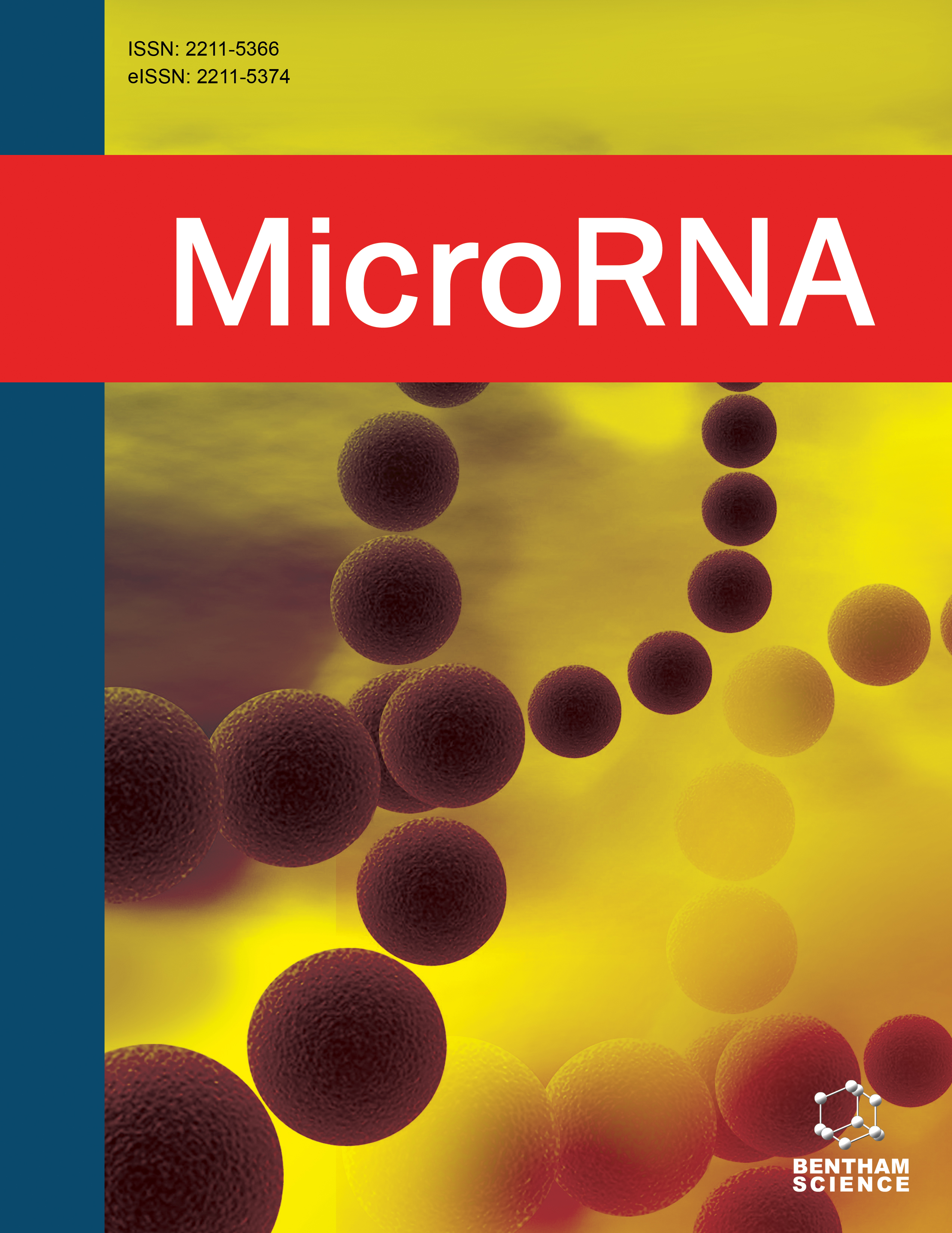
Full text loading...
Curcumin is known as a bioactive component that is found in the rhizomes of Curcuma longa. Curcumin is well known for its chemo-preventive and anticancer properties. However, its anticancer mechanism in colorectal cancer treatment is unclear, and some studies have shown that many microRNAs (miRs) could be potential targets for curcumin in colorectal cancer (CRC) treatment, so there is a need for their integration and clarification.
We systematically searched international databases, including PubMed, Scopus, and Web of Science, until July 2021 by using some relevant keywords.
The search resulted in 87 papers, among which there were 18 related articles. Curcumin was found to cause the upregulation of miR-497, miR-200c, miR-200b, miR-409-3p, miR‐34, miR‐126, miR-145, miR-206, miR-491, miR-141, miR-429, miR-101, and miR-15a and the downregulation of miR-21, miR-155, miR‐221, miR‐222, miR-17-5p, miR-130a, miR-27, and miR-20a.
The present review study suggests that curcumin may be useful as a novel therapeutic agent for CRC by altering the expression level of miRs.

Article metrics loading...

Full text loading...
References


Data & Media loading...
Supplements

